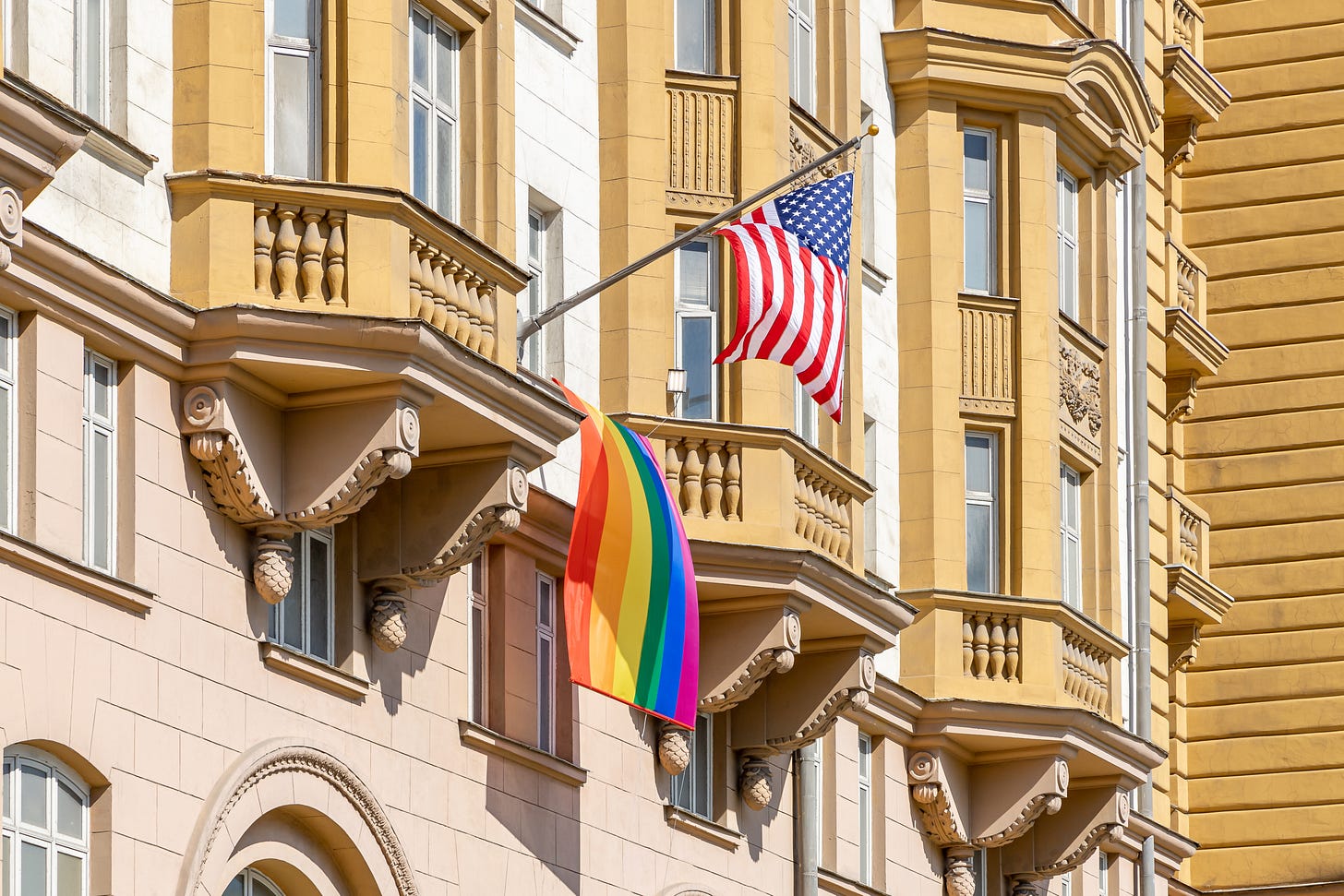How Gender Ideology Captured the State Department
An executive order prompted the agency to recast its mission.
The U.S. Department of State is charged with advancing American interests abroad through complex and delicate diplomatic missions, as well as maintaining the safety of those missions and the Americans serving them.
The institution’s lodestar should be the national interest, but under President Joe Biden, the State Department has demoted that critical obj…



